

Computational Thinking: How to develop it at Primary School
Announcement, Textbooks and Further References
Course Summary
On Era of Generative AI, how can we develop Computational Thinking? How can we develop computational thinking without using computers?
Especially on the Primary School Level, there are situations which we do not have computers and informatics teachers, and so on.
Here, we have the following questions.
▸ “How can we develop computational thinking without using computers?”
▸ “What basic informatics content is suitable for primary school level?”
▸ “How can we fit these lessons into our curriculum schedules?”
To Answer the questions, we developed the guidebook with SEAMEO Centers and related institutions based on the APEC curriculum reform recommendation.
And them, the University of Tsukuba and Kohn Kaen University are engaging in the APEC Workshop with APEC Lesson Study Network to develop unplugged computational Thinking.
First workshop was finished on April 18th, 2004 just only for the government officials in APEC economies.
For general audience in education, this course was developed based on the workshop.
On this course, we share the idea and instruments to develop computational thinking at Primary School Level through the explanation of the content of guidebook.
Course Roadmap for Computational Thinking in 2024
| Title of Lesson | Schedule | |
|---|---|---|
| 1 | Opening and Curriculum Reform Recommendations on APEC | July 3rd |
|
2 |
Computational Thinking & Examples | July 10th |
|
3 |
Mathematical Thinking & Examples | July 17th |
|
4 |
STEM Thinking & Examples | July 24th |
All the lessons will begin on Wednesday afternoon from 14:00 (Japan time GMT+9) through a live streaming via YouTube. Each lesson will be approximately 75 minutes long which includes assessment.
Certificate will be provided for the participants who have completed all 4 assignments for the lesson by the set due date.
Registration
Regstration Closed
Contents
| Streaming Schedule | Q&A from participants | |
| Lesson 1 | 2024 July 3rd | |
| Lesson 2 | 2024 July 10th | |
| Lesson 3 | 2024 July 17th | |
| Lesson 4 | 2024 July 24th | No video available |
Institutions represented by invited speakers
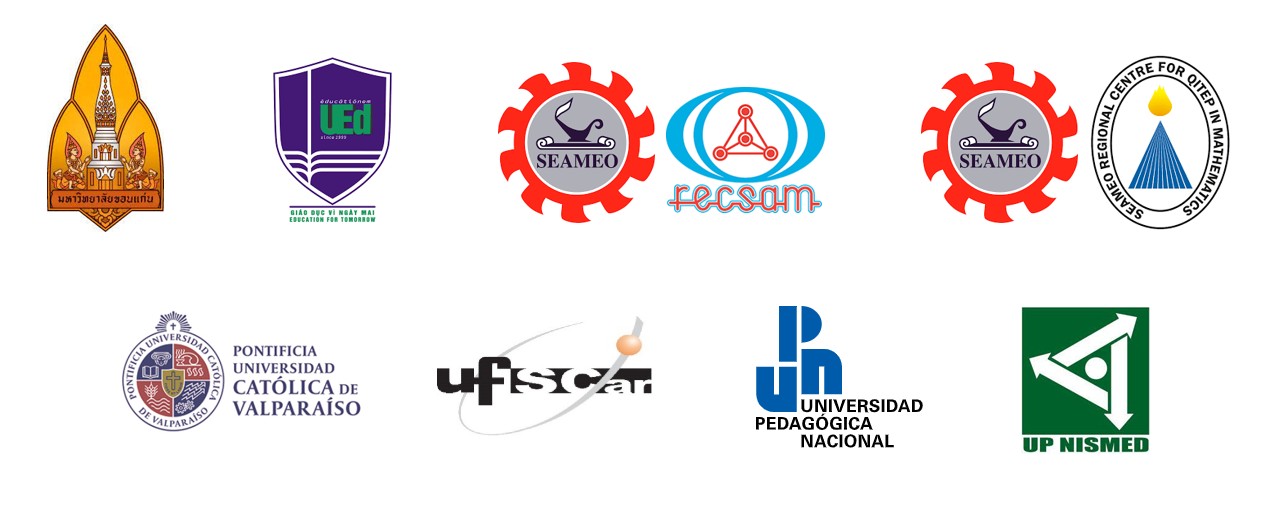
This program was successfully developed through the collaboration of invited guests, participants and supporters. Prof./Dr. Yoshiyasu Ida, who developed the content of this program, deeply acknowledges their collaborations.
Invited Guests:
Takashi Oda (Miyagi University of Education, Japan)
Eje Kim (Gyeongin National University of Education, South Korea)
Su-Min Shen (National Taiwan Normal University, Taiwan)
Tan Geok Chin Ivy (Nanyang Technological University, National Institute of Education, Singapore)
Video editors:
Kyoko Kanakubo (University of Tsukuba, Japan)
JaYeon Yang (University of Tsukuba, Japan)
Diego Solis Worsfold (CRICED)
Web developer:
Yoneyama Takafumi (CRICED)
and all the Participants
All right reserved.


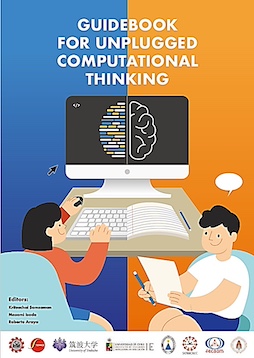
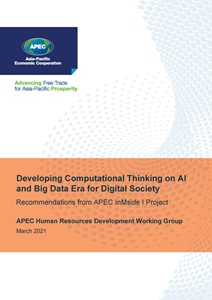
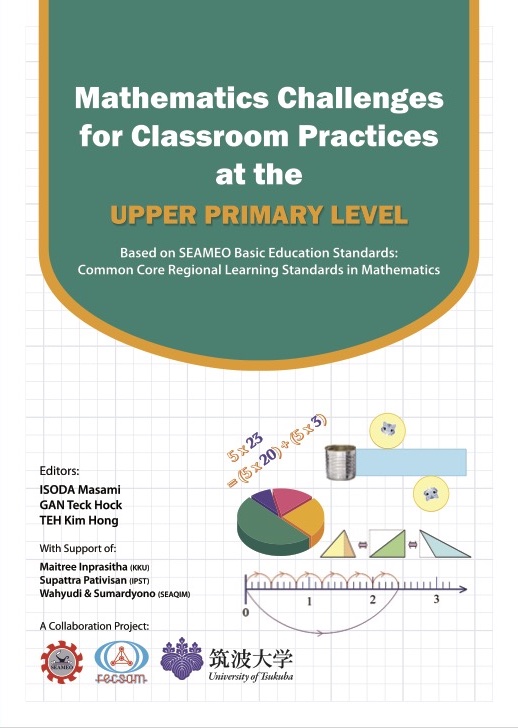
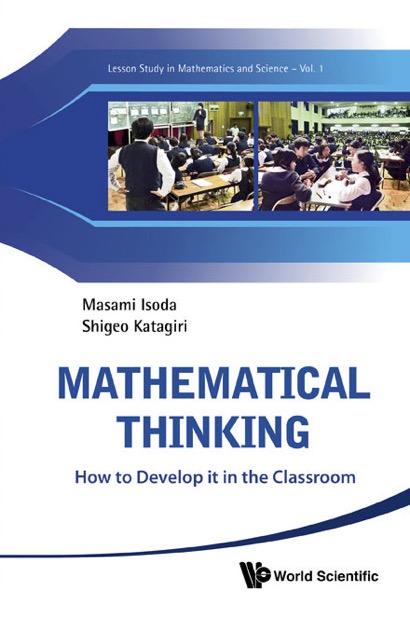
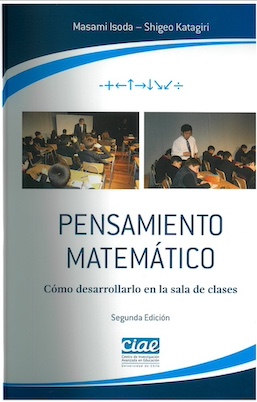
 Topic: Computational Thinking for K to 6
Topic: Computational Thinking for K to 6